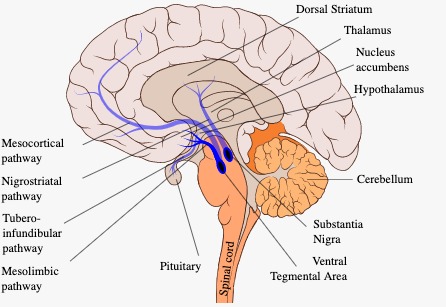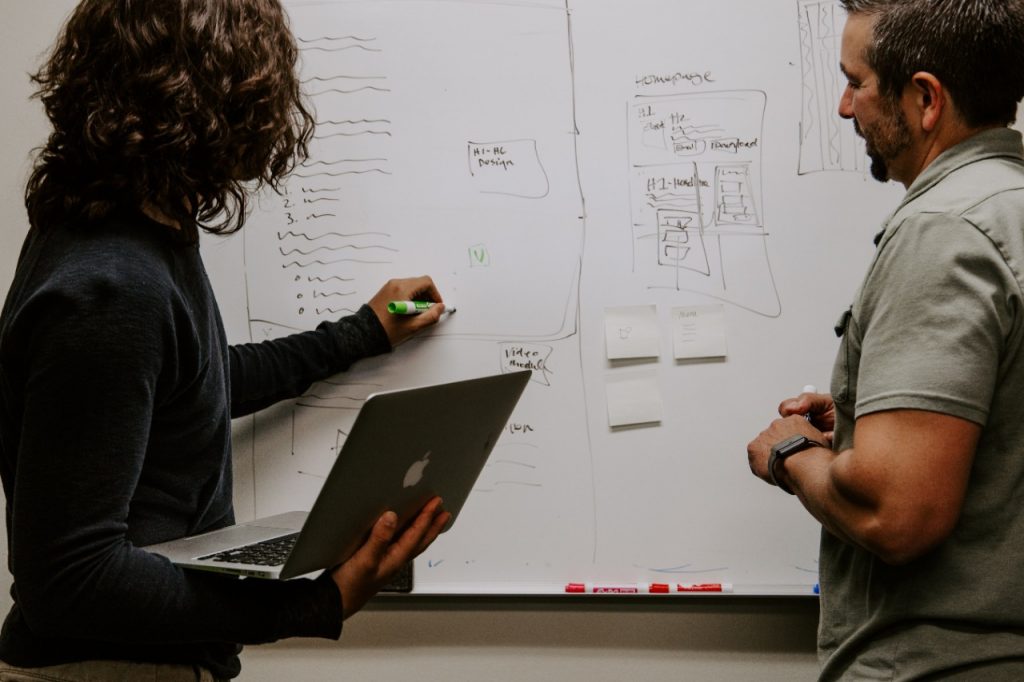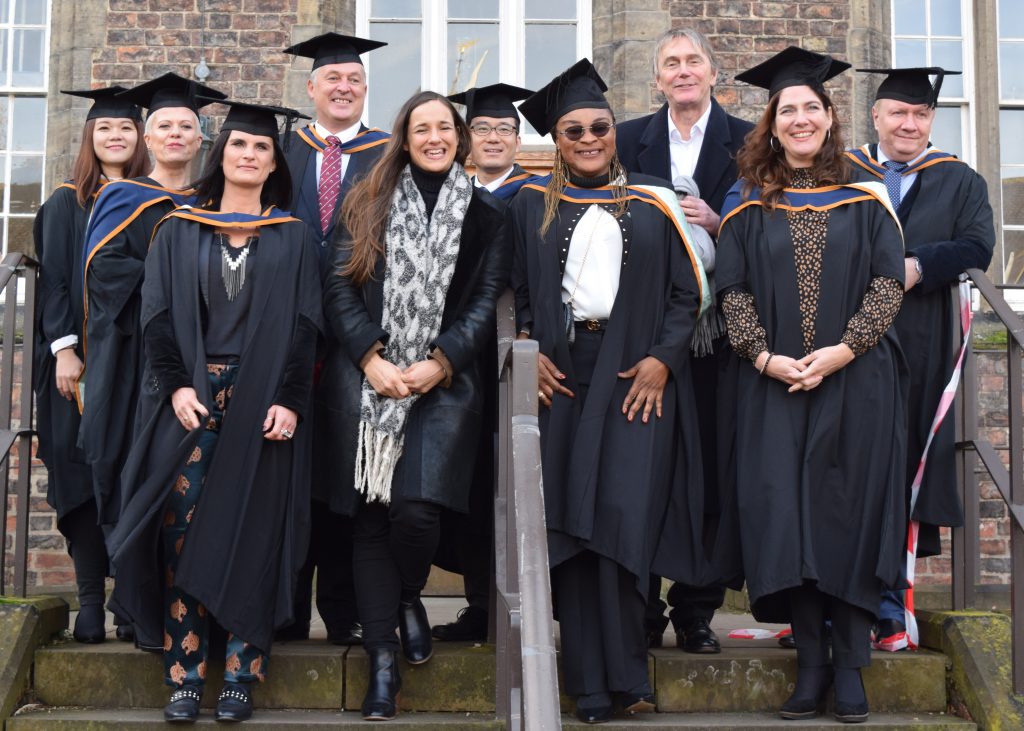
The challenges of working from home are many, from trying to keep yourself motivated to the many distractions around you. We have covered some of these challenges and how to overcome them in an earlier post. And now that you have figured out how to overcome some of these challenges, you are hit with something new – Zoom fatigue.
A recent study by global staffing firm Robert Half shows that:
- 44% of workers say they’ve experienced video call fatigue since the start of the pandemic
- 22% noted that the practicality and novelty of video conferencing has worn off over the past eight months
- 15% confirmed they find virtual meetings inefficient and exhausting and prefer to communicate via other channels, like email or phone
This apathy towards video conferencing has led many researchers to name this phenomenon “Zoom fatigue”. Though I must say that this is unfair to Zoom, as Zoom is just one of the tools used for video conferencing. So, when I say Zoom meetings, I mean all the video conferencing tools and applications.

So, why is Zoom fatiguing?
To answer this question, let us first understand fatigue. I hope I won’t lose any of you here as this part will get a bit technical (I kind of dozed off researching this bit as well). According to Doctor Jena Lee, MD, a psychiatrist with UCLA Health, Ronald Reagan UCLA Medical Center – a basic understanding of fatigue, neurologically, is through our Reward Pathway, otherwise known as mesolimbic pathway, a dopaminergic pathway in the brain. This is the part of the brain that is concerned with activating our body to counteract fatigue.

In our brain, rewards increase alertness, energy, and motivation, which reduces fatigue. Every decision we make, even unconsciously, tries to maximise rewards over cost. For example, if you are deciding on a book to read, the cost is the time and effort you spend reading, and the reward is the enjoyment of the book. So, our brain ensures we pick something good to read.
What is the difference between reading a book all day or binge-watching a show and Zoom meetings? Why do you feel fatigued after a day of Zoom meetings and not from the others? The simple answer is, most often than not, our mind does not perceive a reward at the end of a Zoom meeting. Our minds are not made that way. When there is a personal social interaction, our mind perceives it as a reward, but not in the case of a Zoom social interaction.

In the case of personal social interaction, the reward is not from what is being said but from the body language, energy, environment, and other non-verbal cues. We don’t see much of these cues on video, hence putting in more effort. If you look at a video conference, most of the time, each individual will be doing his/her thing, just put the call on mute and only respond when prompted, and not to mention the number of technical difficulties and slow internet connections. No wonder that people lose interest. And after all this, there is still no reward at the end of it; you just have to attend more meetings and get more work to be done. It can all get so tiring!
Another drawback of working from home is that you are glued to the chair (bed) all day. There is very minimal movement, no circulation. Our body is basically asleep.
How do we fix this?
- Make our interactions more personal, not just work, work, work. Ask how the other person is? Share what is stressing you out. The thing about Zoom calls is they end immediately after the meeting. We have stopped building relations with our co-workers. Remember how life was when there used to be a personal meeting; people used to break for lunch or coffee or even just a smoke break and talk to each other.
- If you have a day full of meetings, do something physical and non-work-related between Zoom calls. Just walk around your neighbourhood and see what is happening.
- Change the environment. If you are just in one room making calls and going from one Zoom meeting to another, it might start feeling like you are in prison. So, move around the house, go to the garden or a nearby park (as long as it doesn’t distract from your call).
While these three points might sound simple, they may be challenging for you and might not be what you require. You know your stress points and judge for yourself if you need professional help. Don’t forget; this past year has been stressful for almost everyone in many different ways, and stress has manifested itself in several different ways.

Stay safe. Stay healthy.

































